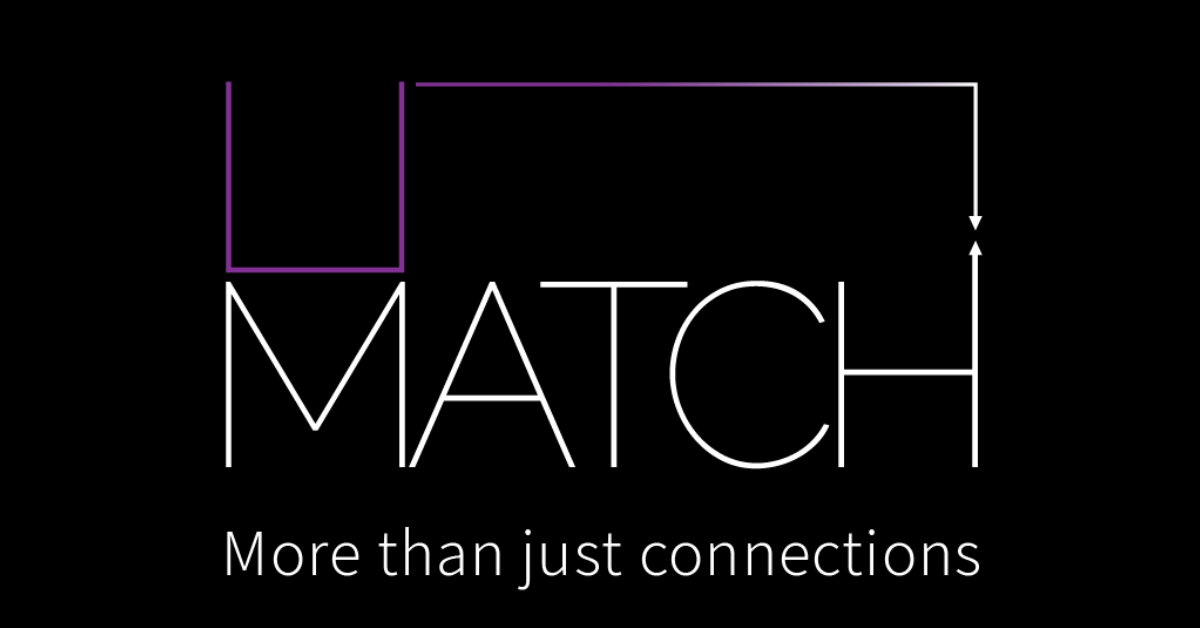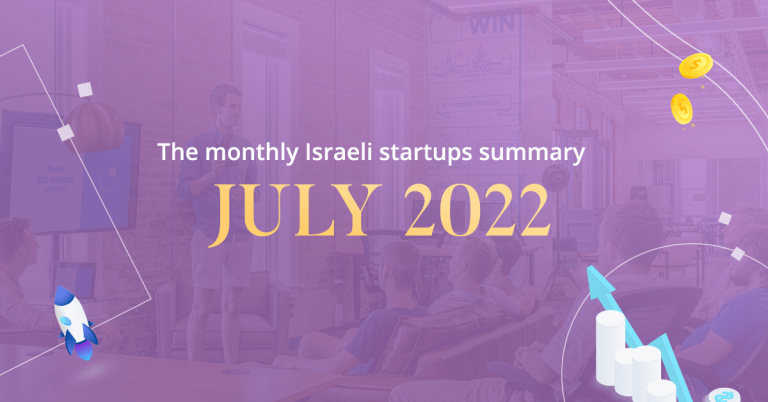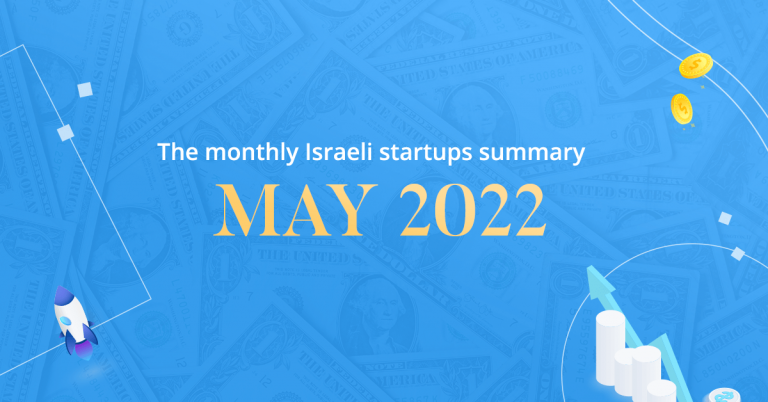One of the more painful experiences for companies, startups founders, entrepreneurs and even investors is going to a large tech conference, spending hours networking, and leaving with nothing but a bag full of giveaways and business cards.
Umatch Analytics, a new startup in GKI Group’s investment portfolio, is solving this very problem with sophisticated AI and NLP.
We sat down with Umatch’s CEO and Co-Founder, Golan Malca, to discuss the startup’s technology, product and tech events.
So, Golan, tell us about yourself. Who are you? What were you doing before you opened up your own startup?
I’m married and a father of three kids, I live in Hod Hasharon, and I like sports, especially running. I love long runs.
I started my career as a developer at defense and security companies and later worked as VP of BizDev and Marketing in companies like NICE’s Cyber Division. Ever since entering the field, I’ve been deep into the world of cyber intelligence, which includes data collection, data analysis and providing insights, as is common in the world of big data. The company I founded, Umatch Analytics, is operating as a B2B company that creates concrete business insights immediately for customers and users based on big data and a growing number of parameters.
What’s the idea behind Umatch?
According to research, 14% of SMB’s (small midsize businesses) budget is dedicated to conferences, exhibitions and professional meetings. Although it constitutes one of the businesses’ largest expenses, it’s hard to monitor and measure it properly. In my previous roles at big security companies, we spent millions of dollars every year attending large-scale events and exhibitions, local and global, even as sponsors, and still found it hard to measure the money spent compared to ROI, potential profit, business promotion, etc.
Since there’s no satisfying measuring tools for business meetings and B2B, most of them are still managed with trial and error. It’s a process of “throwing many rods out to sea hoping to catch as many fish as possible”, or in the business world – meeting with as many people as possible, hoping to seal the deal. That explains why startup founders need to meet, on average, 20 investors before getting an investment from the 21st, and why SMBs still need to meet many customers before closing one deal. If you convert this information to time and money, you’ll realize most of the businesses’ time and money is spent on meetings with no real purpose.
That’s where Umatch comes in. The idea behind our company is to minimize the amount of non-beneficial, low-quality meetings and increase the number of successful meetings to reach the maximum potential for transactions. To make that happen, we are developing a matchmaking algorithm that predicts the chances of successful transactions.
Umatch’s platform is used for conferences, exhibitions and B2B events, monitoring valuable information about the attendees and companies in advance. We build a profile for each attendee, analyze their business motivations and run a smart algorithm that’s capable of making the optimal match between each attendee at the event. Platform users are then able to see the most relevant 10 to 20 companies and people at the event that they should go and meet.

What made you shift from the world of cyber intelligence to a startup like Umatch? Is there any connection between the two?
One of the biggest challenges in intelligence systems is effectively analyzing the motivations of the companies and the people. Motivations are hard to find – they change and rely on many parameters.
When we first started we asked ourselves which field, parallel to the business world, is all about collecting relevant data about people and their motivations and moving them to action.
Unsurprisingly, we found that the world of cyber intelligence is very relevant. You collect plenty of data about the “bad guys”, learn who’s connected to who, who affects one another and who’s giving the orders. Sometimes, you even get to motivate the bad guy into doing something, and then stop him at the very last moment. That’s one to way to target and prevent a major security event from happening.
That’s very similar to what we do at Umatch. We collect business information about companies and people, build profiles and connection maps, and learn all about their motivations and what moves them, based on the capabilities of our system and our technology.
Speaking of technology, which do you use for Umatch?
We run auto-collection methods and different crawlers on various databases, and then we add text analytics and NLP to refine the data, analyze it and understand its meaning. The final matches also go through a process of machine learning, so the system can study them and improve them as we go. The data is then accessible to the end-user on an app or website; the event manager can access a dashboard to keep track of performance and the meeting of objectives.
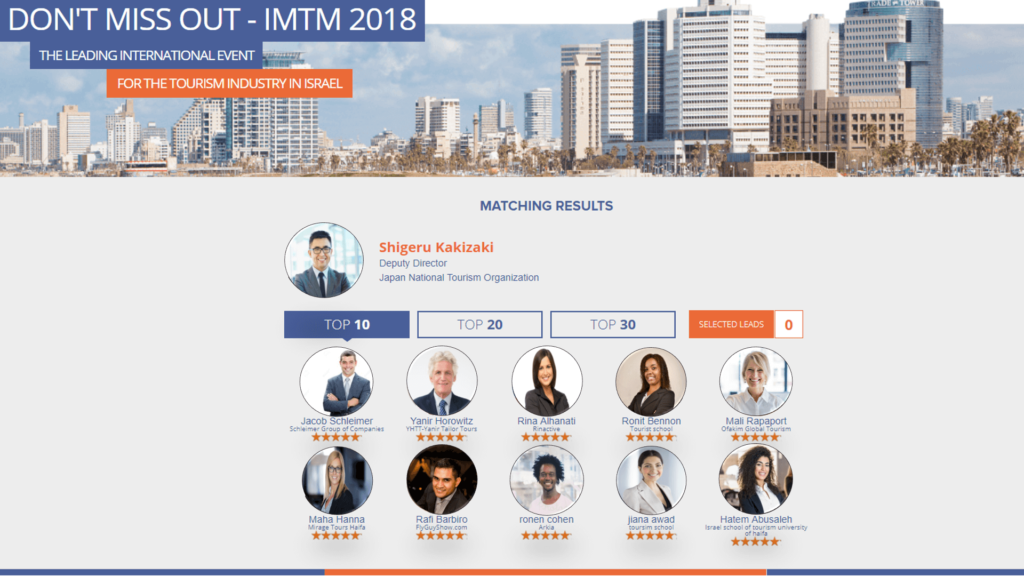
From your experience, and feedback from others, is the platform truly necessary? Is it effectively responding to people’s needs?
Yes. I believe that most of us have attended at least one conference and left it with the same feeling: the conference was fantastic and well-organized, had good vibes and great beer, but when we look at the outcome and business execution, we have a sense of missed opportunities. The ability to manage lists after the event and create a list with quality leads for our business often seems nearly impossible.
At Umatch, we read and studied extensive research to learn about ways to narrow the gap between expectations and meeting objectives before and after a conference. If we can promise every attendee a chance to meet the top 10 or 20 people relevant to them at the conference, then we have a product with real value.
Before Umatch, I was one of those “conference disappointed” people that stopped going to conferences and exhibitions because I started to consider them to be a waste of time and money. I knew that such events had great potential for creating opportunities and business, but I ultimately realized that I just didn’t have the tools to effectively make the right connections. Umatch solves this. If we succeed in restoring the industry’s faith in the value of conferences, making them more effective meeting places for everyone, Umatch is accomplishing its mission.
There are many competitors, some for event management and some for matchmaking, how are you planning to disrupt the market? What are you going to do differently?
First of all, the market of events and conferences is huge. It’s estimated to be a nearly $600 billion market, but also includes some irrelevant markets for our purposes such as flights, hotels etc. The market of event planning software is estimated at $14 billion, without adding all the latest trends of virtual conferences.
The market is very big, and includes many companies, some of them very niche. Some companies offer services only for event registration, others for marketing and there are some, like Cvent, that provide an end-to-end solution. We found that there are only a few companies handling active matchmaking like we do, and that they are not user-friendly. Unlike with Umatch, the users are required to browse the attendees and choose the most relevant people; Umatch provides huge added value in doing that for the user. Umatch tells the users who they need to meet. That’s the game-changer we’re talking about.
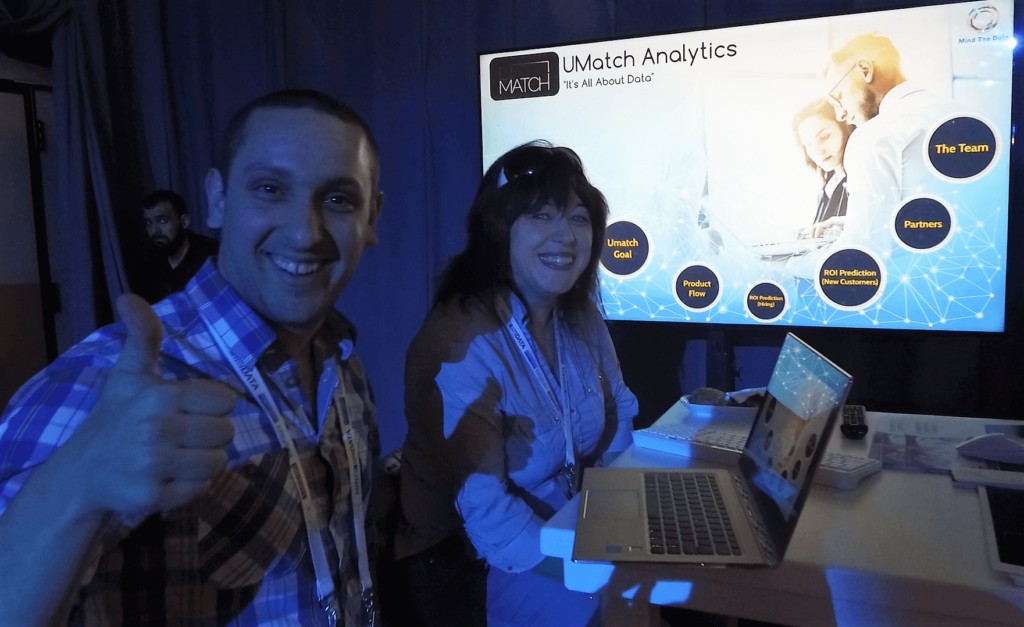
Have you tested the system at actual events? What were the initial impressions?
Our company is still very young. We started less than a year ago and ran a few pilots. We had one major pilot at TAU Innovation, a conference with 5,000 attendees that took place last May in Tel Aviv. It initially wasn’t easy because the conference didn’t focus on one field, but eight different fields including cyber, big data, medical, etc. However, we managed to monitor all of the attendees when we focused on startups and investors. The feedback was very positive. The attendees told us the system gave them great added value and helped them during the conference.
What advice would you give a startup founder attending a conference?
I think that for entrepreneurs and startup founders Umatch is an optimal solution. As a founder low on budget, it’s important to manage expenses wisely, and attending conferences in a foreign country is a very big deal. Founders must choose the right conference with maximum business potential and the best “return on investment”.
The advice I’d give is twofold:
A. Before signing up, make sure it’s the right conference for you.
B. Focus on scalable objectives so you can easily determine whether the conference was a success or not. Focus on two or three objectives and see if the profiles of the attendees can help you achieve your goals.
Umatch can help you do both.
The world of conferences needs a revolution; conferences need to be more than just a place to see and be seen, they need to fulfil their true meaning: forging meaningful business connections.
Umatch will soon be tested at several global events, both big and small; we are confident Umatch will make the events much more worthwhile for everyone.
Golan Malca can be reached via email at [email protected]
